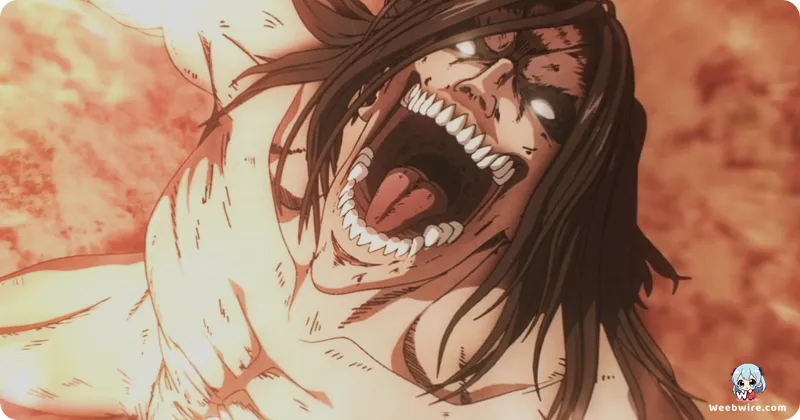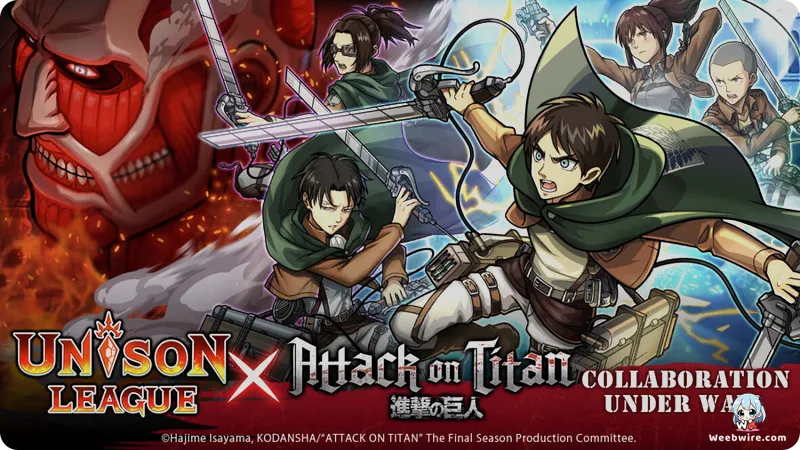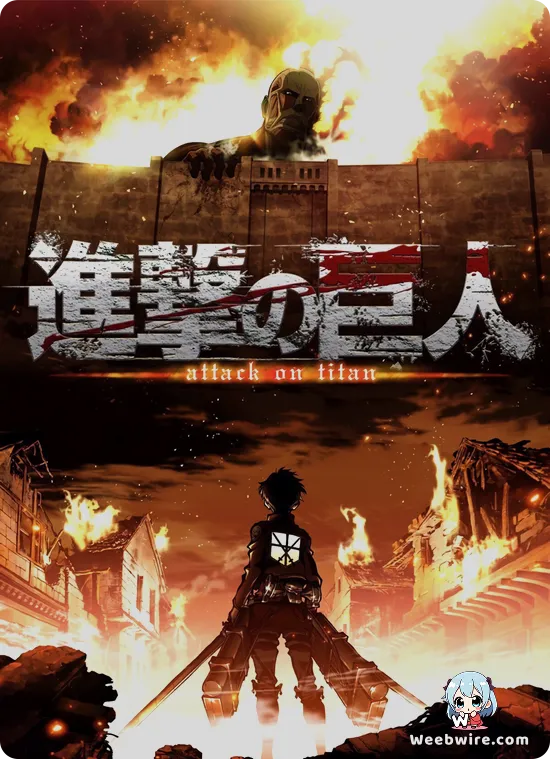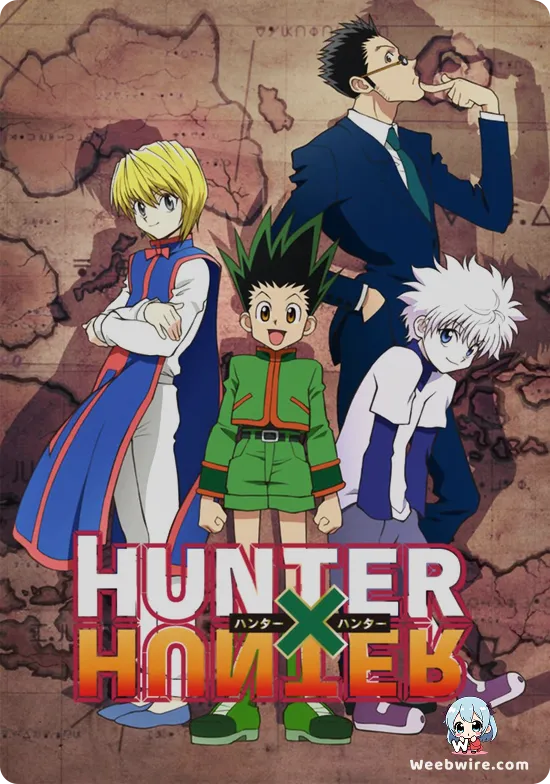Beyond the Walls: Unearthing the Essential Lore and Multimedia Origins of the Attack on Titan OVAs

While the main storyline of Attack on Titan is rightfully celebrated for its fierce action, intricate political maneuvering, and relentless intensity, the series’ Original Video Animations (OVAs) serve as indispensable narrative supplements. These side stories offer dedicated fans deeper insight into the world's hidden mechanics and the psychological makeup of its key players. Far from being mere supplemental filler, these OVAs, largely produced by WIT STUDIO, are pivotal in establishing character motivations, providing essential backstories, and even subtly introducing concepts that later become monumental plot reveals in the central saga. Exploring the fascinating trivia behind these OVAs illuminates the immense depth and meticulous construction of the world contained within the walls of Paradis.
Ilse's Notebook: Hinting at Titan Intelligence
One of the most foundational and frequently cited segments is Ilse's Notebook: Memoir of a Survey Corps Member. Released early in the anime's serialization, this episode is essential viewing as it provides the first concrete, animated evidence hinting at the true intelligence lurking within the Titan species. The OVA centers on the terrifying final encounter of Ilse Langnar, documented in her journal, detailing an aberrant Titan that shockingly demonstrates human-like speech and reverence, even bowing. This singular, chilling incident predated the major revelations about Titan shifters and functioned as the audience's earliest warning that the mystery extended far beyond a simple biological threat. Its status as an OVA, adapted from a special chapter bundled with the fifth manga volume, made it a genuine reward for lore enthusiasts.
No Regrets: The Origin of Captain Levi
Perhaps the most culturally significant OVA collection is the two-part No Regrets, which chronicles the dramatic pre-Survey Corps life of Captain Levi Ackerman. Intriguingly, this iconic origin story began not as a traditional manga chapter or anime script, but as a visual novel created by Nitroplus and writer Gun Snark, initially exclusively bundled with the Blu-ray releases of the first season (Volumes six and seven). Due to the overwhelming demand to know more about Levi’s past detailing his ascent from a notorious criminal in the subterranean Underground City to his forced recruitment by Commander Erwin Smith the story was successfully adapted first into a spin-off manga and then into the critically praised animated OVA. This multi-platform evolution underscores Levi’s immense popularity and provides the necessary emotional context for the cynicism and unwavering loyalty that define 'Humanity’s Strongest Soldier.'

Tonal Shifts and Psychological Deep Dives
The OVA format also allowed for fascinating tonal experimentation. The Sudden Visitor: The Torturous Curse of Youth, for example, offers a rare moment of pure, unadulterated slice-of-life comedy. Centered around a ridiculous cooking showdown between Jean Kirstein and Sasha Braus, judged by Commander Pixis, this episode injects much-needed levity during a quiet period. The coveted prize a single piece of meat subtly reinforces the constant scarcity endured by the recruits, grounding their mundane struggles in the harsh reality of their world.
Furthermore, the Lost Girls adaptations, based on the novel series, provide critical character explorations. Wall Sina, Goodbye reveals Annie Leonhart’s intense moral struggle and mission preparation before the 57th Exterior Scouting Mission, offering a nuanced perspective on the primary antagonist. Meanwhile, the highly experimental Lost in the Cruel World transports Mikasa Ackerman into a dream state, contemplating a hypothetical reality where her family and Eren were safe. This psychological deep dive illuminates the profound trauma and burden of power she carries.
Collectively, the Attack on Titan OVAs are indispensable viewing, weaving crucial connective tissue and providing profound emotional groundwork, transforming already compelling characters into fully realized, tragic figures within Hajime Isayama’s expansive universe.
Credits
Attack on Titan
Author
Hajime Isayama
Cover Art
Hajime Isayama
Studio
WIT STUDIO
Publisher
Kodansha
Producers





